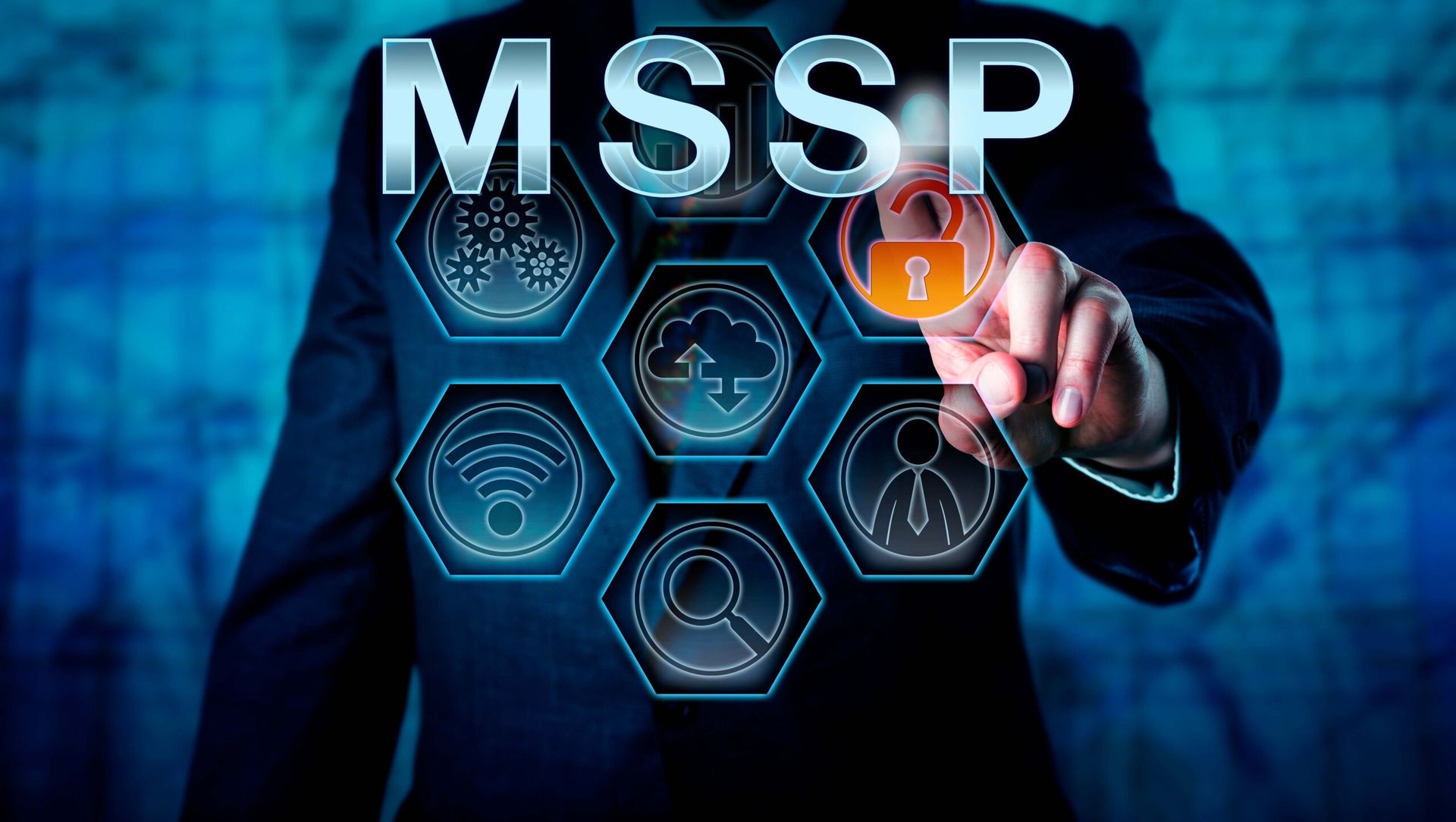Visa has struck a referral deal with Expel, a managed detection and response (MDR) provider, that will see the payment card giant extend its value-add services portfolio to clients globally.
Under terms of the partnership, Visa will refer its clients to Expel to augment its own security team with MDR services.
What's the Gain for Visa Clients?
The partners said the arrangement is intended to give clients:
- The ability to move from a reactive security posture to a proactive posture, focused on risk-based decision making
- Improved threat detection and response capabilities in the face of ever-evolving cybersecurity threats and industry challenges
- MDR services informed by external intelligence, trends, and threat techniques
- Visibility across attack surfaces that include cloud, on-premises, SaaS applications, and Kubernetes
- Less time managing security operations and dedicating resources to other high-priority initiatives
- 24/7 security monitoring and response
In commenting on the agreement, James Mirfin, global head of Visa’s risk and identity solutions, said:
“As customers deal with an ever-expanding range of threats, they’re asking Visa for solutions to help them better manage their risk holistically, including cyber risk. The partnership with Expel will allow us to provide a more holistic security offering to new and existing clients across the network.”
Expel said its MDR platform prioritizes detections based on clients’ key assets, reduces alert-to-response time to minutes, automatically stops threats from spreading, and arms Visa’s clients with metrics to strengthen their security.
Visa officials said it will begin offering Expel’s solution to its clients within the U.S. and Canada, with plans to roll out globally.
Dan Webb, Expel's vice president of Global Channel Sales & Alliances, praised the partnership:
“Visa will recommend Expel as the MDR provider that will help their customers get more actionable insights from their security investments, reduce the amount of time they’re spending investigating threats, and ultimately sleep better at night knowing they have us monitoring and responding in their environments.”




